In this article
View 8 More +Many dog enthusiasts are familiar with the Belgian Malinois, and even more have heard of a German Shepherd. However, the German Malinois is much less common, and they are a hybrid of the German Shepherd and Belgian Malinois.
Breed Overview
Height:
22–26 inches
Weight:
45–85 pounds
Lifespan:
10–15 years
Colors:
Black, gray, silver, blue, sable, red, fawn, and cream
Suitable for:
Active families who want a designer dog
Temperament:
Loyal & loving, intelligent, easy to train, friendly, gets along with other pets
The German Malinois takes on the best and worst qualities of their parents. The positives include intelligence, determination, and loyalty. At the same time, German Malinois can be standoffish, aggressive, and less suited for young children, much like the Belgian Malinois.
With this in mind, you must carefully weigh whether or not a German Malinois is right for you. If you are debating getting this unique breed, keep reading. In this article, we’ll help you decide if they’re a good fit or if you should adopt a less energetic dog.
German Malinois Characteristics

German Malinois Puppies

German Malinois puppies are known for their intelligence and trainability, making them a popular choice for those looking for a highly active and intelligent companion. They are full of energy and require plenty of physical and mental stimulation to help them reach their full potential. Early socialization is crucial to helping them develop into confident, well-rounded dogs.
In terms of appearance, German Malinois puppies can resemble either parent breed, and their coat color and pattern can vary. They typically have a muscular and athletic build, with a medium-length, dense coat that requires regular grooming. Feeding a high-quality diet and providing plenty of exercise will help them grow into healthy, active dogs. With proper care and attention, German Malinois puppies can grow into loyal, loving companions that form strong bonds with their owners.


Temperament & Intelligence of the German Malinois
German Malinois are intelligent and very active but can be a bit more difficult to train and aggressive at times. The German Malinois is not suitable for many homes, especially homes with young children. These dogs are also not great for homes that already have other pets.
Are These Dogs Good for Families? 👪
German Shepherds are pretty good with families and children, but Belgian Malinois can be overbearing and aggressive because of their hunting instincts. German Malinois tend to take after the Belgian Malinois, making them more aggressive, but their temperament can be unpredictable. That is why socialization at a young age is important.
Some German Malinois can be less tolerant of young children due to their intense herding and hunting instincts. At the same time, other German Malinois pups take after the German Shepherds, making them relatively calm and tolerant around young children.
Because this breed is unpredictable and their tendencies are not shown until they are adults, it is best to avoid getting a German Malinois if you are considering having children or already have young children. However, older children who respect their boundaries should be okay.
Does This Breed Get Along With Other Pets? 🐶 😽
Although some German Malinois are okay with children and other family members, most are incompatible with other pets. Their herding and hunting tendencies encourage them to herd or hunt small animals, including cats.
With other dogs, they can be aggressive and incredibly territorial. This is especially true if both dogs are males and were not introduced to one another at a very young age. For these reasons, a German Malinois is best as the sole pet in the household.

Things to Know When Owning a German Malinois
Because both German Shepherds and Belgian Malinois are very athletic, the Belgian Malinois German Shepherd mix is also very active. They’re better suited for homes with large yards and people who are very active.
Food & Diet Requirements 🦴
German Malinois are pretty big dogs. For this reason, you should feed your German Malinois about 3 cups of high-quality dry food a day. It’s best to select a formula that’s designed for large breeds, and your vet can help you select a brand and provide portioning instructions.
Exercise 🐕
Exercising their dogs can be problematic for German Malinois owners who are short on time. This breed has a high activity level, meaning they need about 14 miles of walking a week and 120 minutes of playtime daily. Incorporating mental activities into their playtime can make a huge difference. For example, playing fetch, retrieving, and tracking can keep your German Malinois active.
If you cannot commit to 120 minutes of playtime a day, do not get a German Malinois. If you do not exercise them properly, the dog can become mischievous and bored.
Training 🎾
In terms of training, German Malinois are intelligent and eager to please, but they have a stubborn streak. The best way to train a German Malinois is to use positive reinforcement while maintaining a strong and firm voice.
By integrating positive reinforcement with a firm voice, the German Malinois will start to listen since you show the dog you mean business. Since this breed is eager to please, using the right technique can make training a breeze.
Grooming ✂️
Even though grooming a German Malinois is pretty straightforward, it is time-consuming since they have coarse fur and shed frequently. Brushing your dog’s coat daily will prevent it from matting and leaving loose fur around your home.
You also need to inspect and clean your German Malinois’s ears frequently. They’re vulnerable to ear infections, and if they spend several hours outdoors, you must check their ears more often to ensure they stay healthy. To reduce the possibility of dental problems, brush their teeth at least three times a week and maintain yearly veterinary appointments.
Health and Conditions 🏥
German Shepherds and Belgian Malinois are healthy dogs, and Belgian Malinois German Shepherd mix are also really healthy. If cared for properly, they can live up to 15 years. Providing your German Malinois with exercise, food, grooming, and yearly veterinary exams will reduce the chances that they’ll suffer from severe health conditions.
- Ear infections
- Hemophilia
- Epilepsy
- Eye disease
- Hip and elbow dysplasia
- Bloat
- Heart disease

Male vs Female
Male and female German Malinois are the same in many ways, but there are some notable differences. Males tend to be larger, though not by much. They are also more aggressive. If you are concerned about aggression, it is best to go with the female German Malinois. Females are naturally less aggressive, and their smaller size makes them easier to control.

3 Little-Known Facts About the German Malinois
1. They Are a Cross Between a German Shepherd and a Belgian Malinois
When most people hear the name German Malinois, they simply mistake the breed for a Belgian Malinois. Instead, German Malinois puppies are a cross between a German Shepherd and a Belgian Malinois.
Since German Shepherds and Belgian Malinois are comparable in many ways, breeding the two leads to an intelligent and hardworking dog. However, the German Malinois tends to take after the Belgian Malinois in terms of personality, though individuals can also take after German Shepherds.
2. They Are Fairly Unknown
Because German Shepherds and Belgian Malinois are so popular, you would expect their descendants to be popular as well. Even compared to other designer dogs, the German Malinois is still relatively unknown. Most people looking for a working dog focus on purebred pups, whereas people who want a designer dog don’t typically look for working dogs.
3. They Are a Working Breed With Designer Tendencies
Even though most potential owners are not looking for a dog with designer and working tendencies, a German Malinois can be a great choice if you are looking for both. Once again, Belgian Malinois German Shepherd mix puppies grow to be incredibly hard-working and intelligent, but they are unique and classified as a designer breed.

Conclusion
German Malinois are really active, intelligent, and hardworking dogs. They are excellent pets for experienced owners who want a working dog by their side. However, a German Malinois is not suitable for homes with young children or other pets.
Because their personality is a bit unpredictable, you don’t want to risk introducing a dog that may become aggressive later. The German Malinois shouldn’t be an issue if you have older children. With that in mind, the German Malinois can become a loyal companion to the right owner.
See Also:
Featured Image Credit: Bianca Grueneberg, Shutterstock




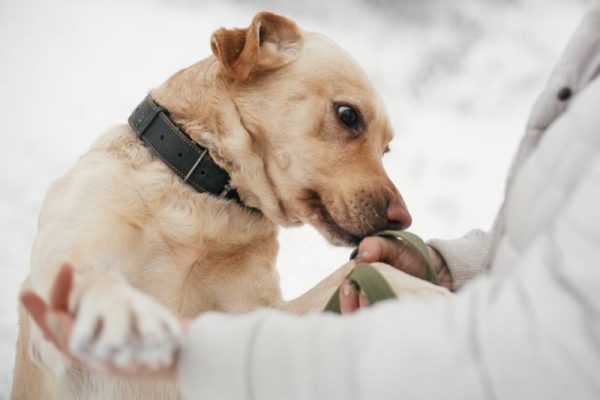
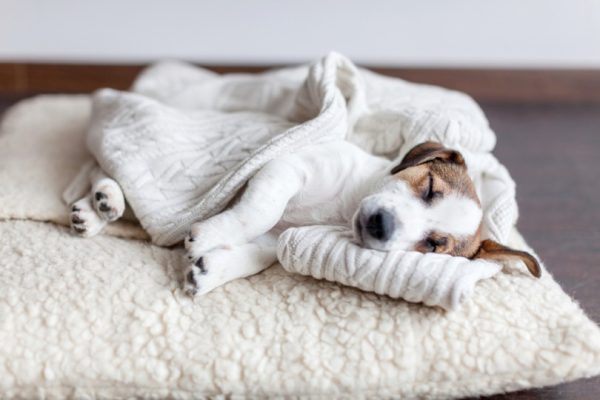
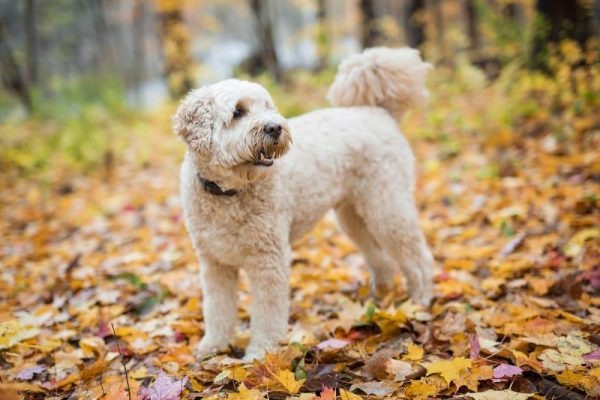

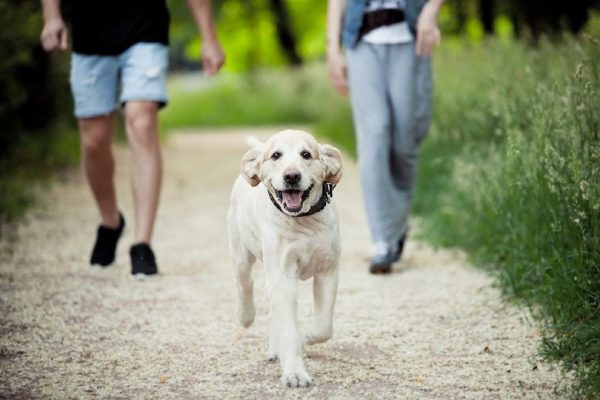
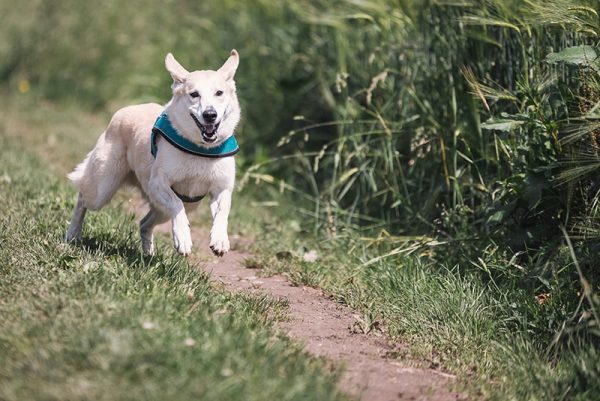
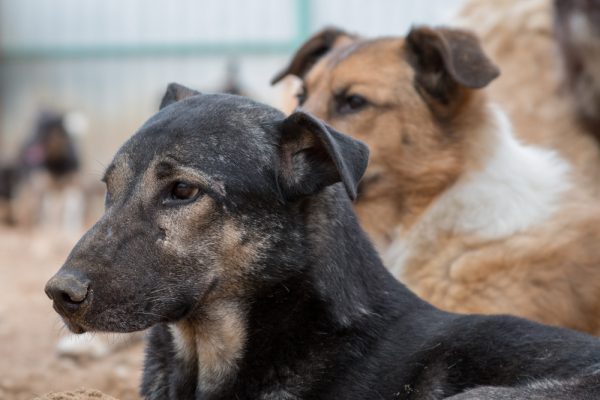

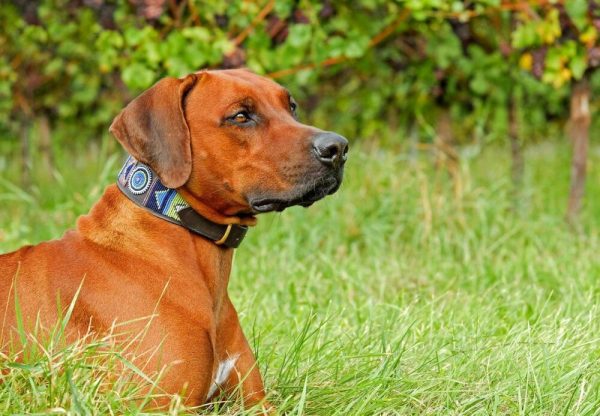

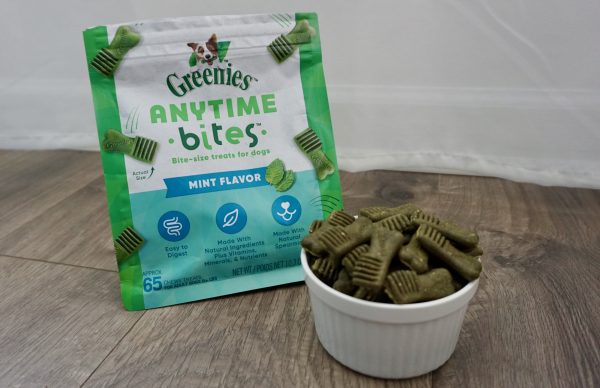


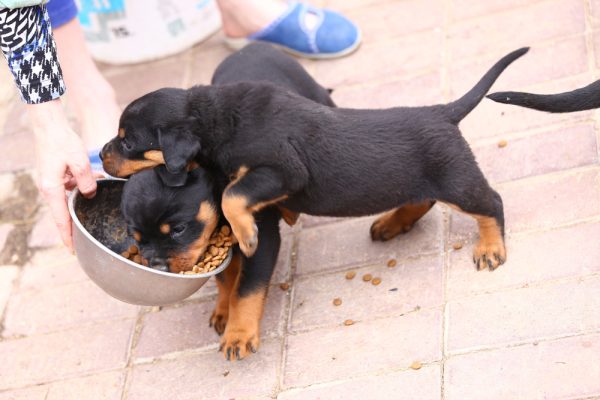
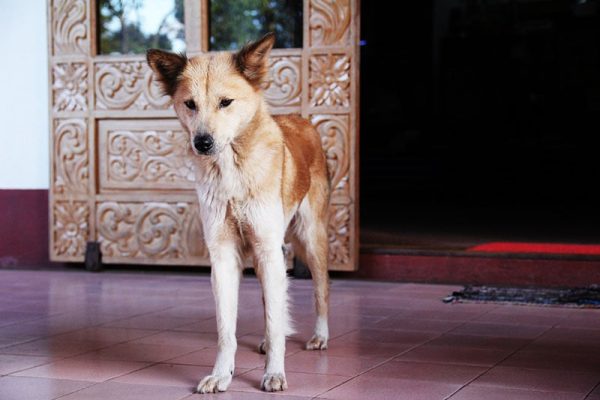



2 Responses
Hi, my husband and I just recently acquired a German Malinois as a three month old puppy. He is beautiful, but definitely unlike any other puppy we have had. We have been dog owners of various breeds and raised Labradors for several years, so we are comfortable with dogs of all kinds. This is hands down the smartest dog we have ever owned. We want to know if there is a particular book we can get to help us train this puppy.
Hello Kim,
Congratulations on your new German Malinois! You are certainly right—they are incredibly intelligent, high-energy dogs that often require a different approach than breeds like Labradors. Unfortunately, we are unable to give you any specific book recommendations, however, the best course of action could be going online and searching for something along the lines of "German Malinois training book" and reading the reviews. We are sure you will be able to find the perfect book for you!